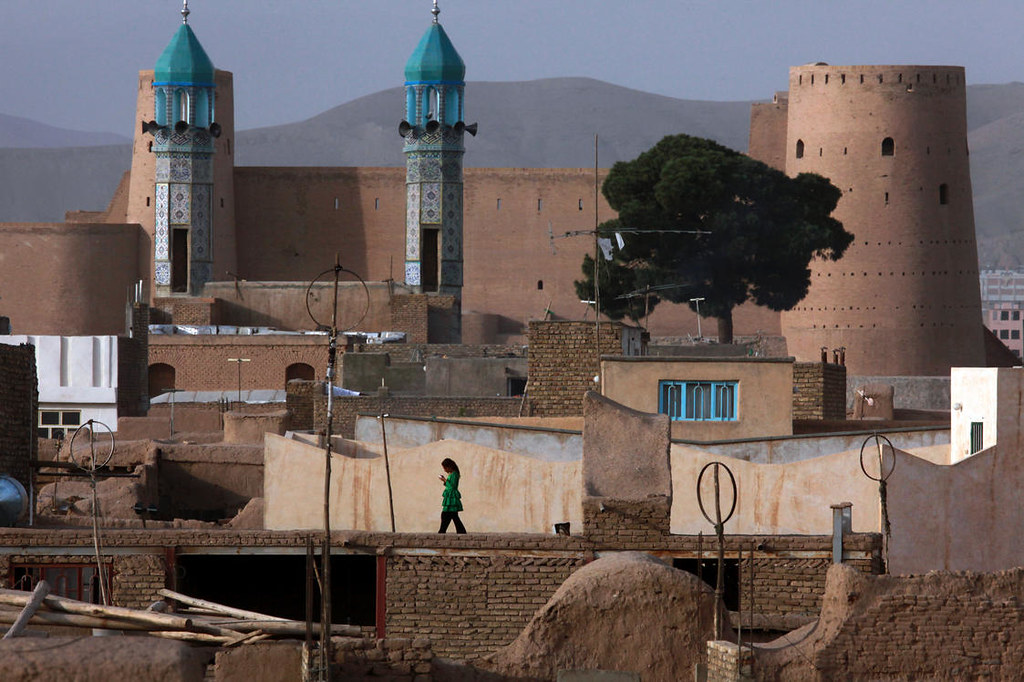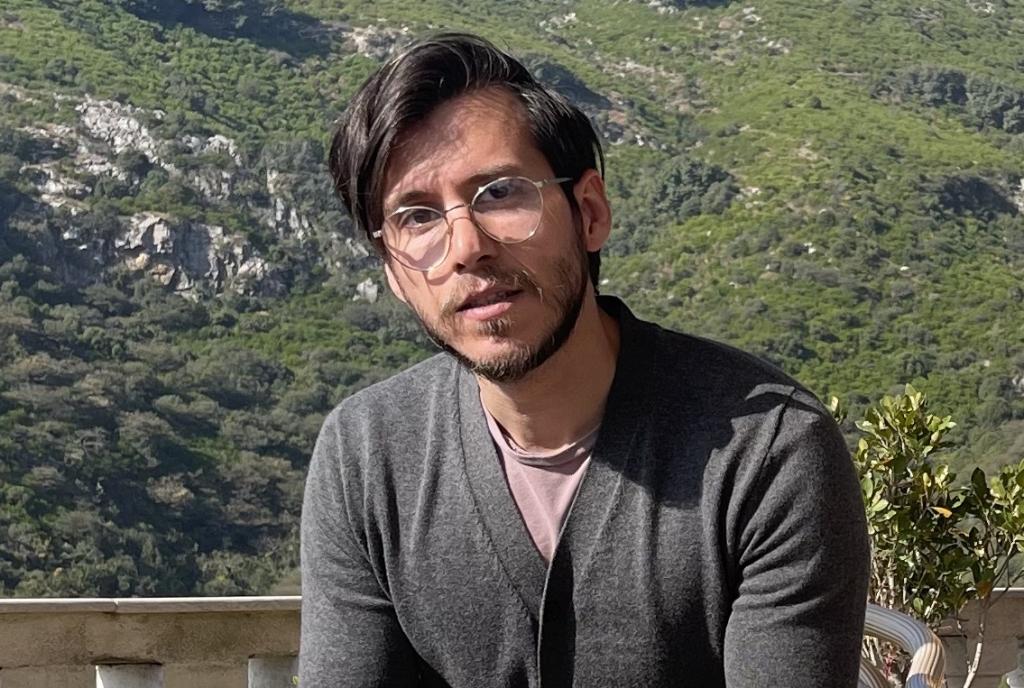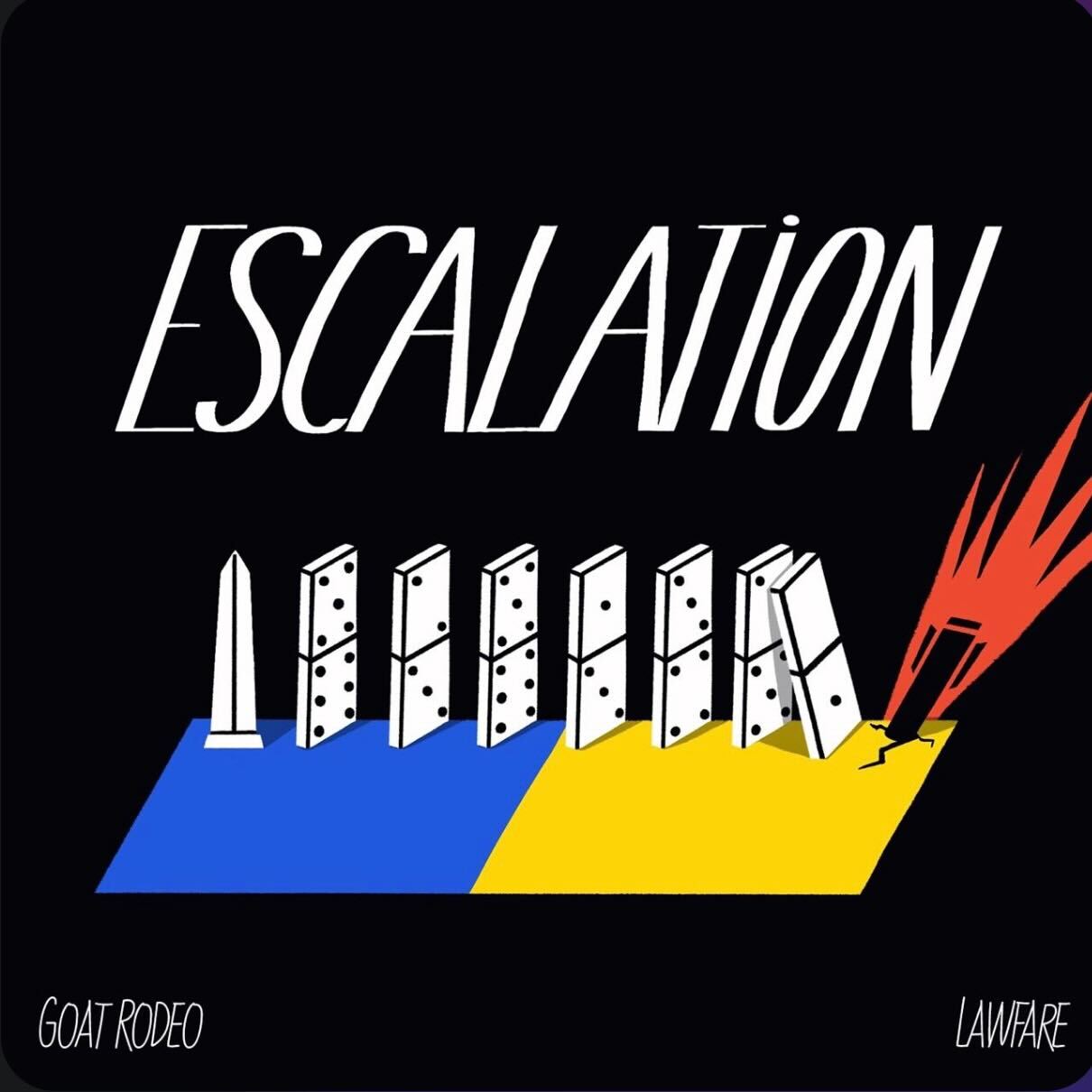Charting a Path Forward for Afghanistan
Though the situation in Afghanistan appears to be hopeless, lessons from similar cases from around the world can help to chart a path to a better future for Afghanistan.

Published by The Lawfare Institute
in Cooperation With

Over the past year and a half of Taliban rule in Afghanistan, the impasse in engagement between the Taliban and the international community has only worsened. Understandably, the brutal nature of the Taliban’s tactics, including the use of young suicide bombers, makes engagement with the group morally questionable and practically futile. However, considering the implications of the the U.S. withdrawal from Afghanistan and the total victory the Taliban achieved in their 20-year war, the international community’s hesitancy to militarily intervene in or even engage with the country once again leaves the fate of approximately 35 million Afghans solely in the hands of the Taliban, and the success or failure of their regime.
Other factors that compound this complex reality are the lack of viable alternatives to replace the Taliban, the dim prospects of a national uprising within Afghanistan, and the lack of interest neighboring countries have in providing safe havens to any insurgency in Afghanistan. While some scholars have argued that engaging with absolute terrorists who use brutal tactics to attain their goals is virtually futile, others have highlighted that the most brutal groups tend to be the most likely to pursue political settlement by using their brutality as political leverage. Regardless of whether or not the international community wants to engage with the Taliban, the recent rapid unrolling of restrictions against women and girls in Afghanistan—which are reminiscent of their draconian policies of the 1990s—make engagement with the Taliban an unavoidable necessity.
To help better understand the international community’s realistic options for engagement with the Taliban, it is crucial to study the different approaches that other stakeholders and activists have taken to engage with strict regimes in previous historical contexts. Adam Michnik’s categorization of different approaches toward the Polish communist regime can be used to assess the international community’s current options. Michnik, a Polish intellectual, divided the revolutionary camps of Poland into revisionists, neo-positivists, and new-evolutionists. Revisionists act upon the belief that the current system of power can be humanized and eventually democratized. This transition, they believed, would come through leaders who would emerge from within the current party and strive for reforms. Alexander Dubček’s rise to power in Czechoslovakia is illustrative of this, as is Mikhail Gorbachev’s leadership of the democratic transition of the USSR. Comparatively, neo-positivists choose to work within the constraints of a given regime to create space for public opinion and opposition to the system in power. For example, the Znak neo-positivist movement in Poland engaged with communist leadership and consequently managed to achieve concessions—such as expanding civil liberties and relinquishing administrative harassment—from authorities. While both revisionists and neo-positivists relied on the power of the government to implement change, new-evolutionists relied on the power of the working class, and the ability of grassroots movements to enact gradual, yet meaningful, change. For example, through the production of art and the creation of public spaces, new-evolutionist activists were able to create the grounds for eventual successful protests that became the cornerstone of the democratic transition in Poland. Although there are several significant differences between the Taliban’s current regime in Afghanistan and the Polish communist regime from 1945 to 1989, the international community can perhaps use Michnik’s categorizations as a model for differing approaches toward engagement with the Taliban and help to gauge the varying degrees of their effectiveness.
Most Afghans within the country and those in the international community who have come to accept the reality of Taliban control but do not formally recognize the Taliban as a legitimate government can be categorized as revisionists. These individuals, nonetheless, seek engagement with the Taliban to advance reformist objectives. Engagement from within and outside Afghanistan at this level has borne little fruit. Although the international community has immense leverage in any talks with the Taliban, the group’s leadership structure leaves revisionist activists with few options: The emir holds a disproportionate amount of power over any other individual in government who may wish to engage with revisionists. Because there is no political mechanism to replace the emir, the international community must work to create enough cohesion between the less conservative elements of the Taliban to either change leadership, or present a strong and compelling enough challenge to force the emir to change policies.
It is worth noting that the Taliban—unlike other groups following political Islam in Afghanistan—do not have a well-developed central manifesto or political ideology. The Taliban’s decision-making relies on the emir, which is informed by the emir and his aides’ readings of the Quran and the Prophet’s life, rather than on literature developed by modern Islamic political thinkers. While a lack of central literature makes the Taliban’s policies more draconian, this strategy may be advantageous for the international community because the creation and implementation of potential policies is not strictly limited by an ideology. This should give hope to those who rely on a change in leadership in the Taliban to spur substantial reforms in the group’s political approach. Needless to say, this lack of a clear, central ideology risks making the movement unpredictable. But for those seeking to work within the regime to change it, its lack of a central ideology may provide pathways for substantial reforms which would otherwise be unavailable.
Neo-positivist activists within and outside Afghanistan are those who, including myself, have voiced dissent against the Taliban without denouncing them outright. The work of neo-positivists in Afghanistan is a delicate matter, given the risk of retaliation from the Taliban. While activist campaigns must challenge the regime in order to achieve some degree of efficiency, they must not be too confrontational, lest they risk the safety of the activists who lead them. Additionally, actors who seek to engage with the Taliban are always at risk of becoming collaborators who are complicit in the Taliban’s harmful policies and legacy. Such a risk can be avoided only through constant self-examination and an undying commitment to established goals and objectives for change. For example, campaigns for girls’ education and opposition to human rights violations have been subtle, but have persisted nonetheless, and were strong enough to counter the narrative that demands for such rights were solely the result of Western pressure. Under the Taliban’s regime, activist campaigns have even appeared on national media to inspire others not to be silenced. The international community must use its leverage to protect such groups without hijacking their agency to avoid making them appear as international proxies. Additionally, the international community must be mindful not to consult the same politicians whom the Afghan population have largely rejected, such as power-abusing warlords or corrupt parliamentarians. These individuals were part of the problem over the past two decades and should not be considered a part of the solution. With strong morals and careful action, these neo-positivist groups have the best hope of creating meaningful pressure on the Taliban to reform.
The Taliban are a symptom of a radicalization that a top-to-bottom approach will fail to address or solve. Little will change unless there is a fundamental change in the lives of the larger rural population of Afghanistan. The time is now: The current end of active conflict in the country presents a unique opportunity for reform for the first time in 40 years. Because of this timing, the new-evolutionist approach has the unique advantage of being the least affected by the grander political impasses such as the one brought about by the ban on girls’ education in Afghanistan. Even if the international community refuses to recognize the Taliban, they can continue to fund local projects run by Afghans that can help to meet the general population’s basic needs such as education and nourishment. For example, despite the Taliban’s current ban on girls’ high school education, the international community could fund local projects to build schools in Afghanistan. If or when the ban is repealed by the Taliban, new schools will be available for girls to learn and grow in. Even if the ban is not repealed, an educated male population could serve as advocates for girls’ access to the same infrastructure and rights in the future.
The international community must also start thinking beyond typical models of engagement and reintegration. The current approach by organizations such as Geneva Calls—which has put Taliban fighters through trainings to teach them about the importance of education—is severely lacking. In the absence of a political settlement, these projects only act as silos that fail to encourage any meaningful reconciliation. Tolerance and acceptance can happen through projects where unarmed Taliban members train alongside common citizens in vocational centers to help bolster the economy by producing skilled labor and help the social order by producing more tolerant Taliban.
Remember that stakeholders beyond the Taliban—local activists and members of the international community—can improve conditions in Afghanistan, even if the Taliban refuse to be helpful. Civil movements do not form hoping the regime in power will listen; they form because they plan on making those in power listen. Afghanistan has hope, but the hope and the resulting change must come from within. The international community must listen to those leading the civil fight and support them without undermining their agency.





